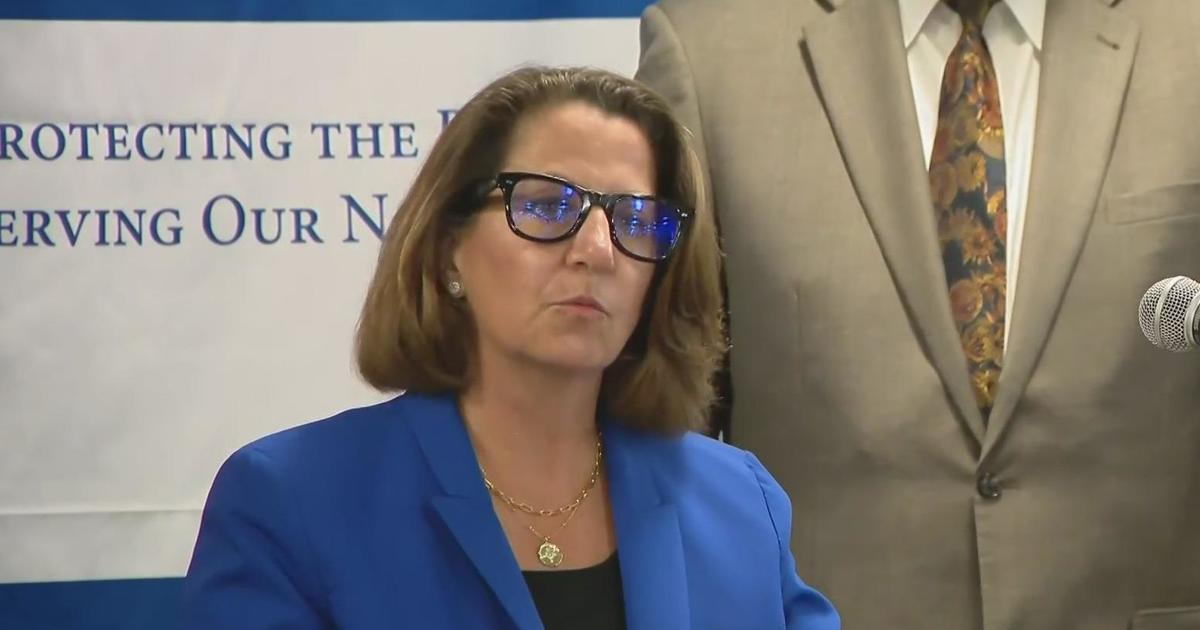New Drug Shows Promise For Patients With Progressive Multiple Sclerosis
CHICAGO (CBS) -- A new drug for Multiple Sclerosis is showing promise. A study shows the experimental drug, called Ibudilast, slowed brain atrophy or shrinkage by almost 50%. The study, funded by the National Institutes of Health and authored by Dr. Claire Riley, involved 255 MS patients at 28 centers around the country.
70-year-old James Bingham was diagnosed with MS 6 years ago. He says he took part in the study to help others. Bingham was a professional classical singer for 30 years when his voice started to fail him.
"I couldn't control my voice and it was interfering with my profession and my moneymaking," Bingham said.
In 2012, he was diagnosed with progressive Multiple Sclerosis and eventually couldn't sing anymore. He decided he wanted to help others by taking part in a new study at Columbia University Medical Center, testing an experimental drug called Ibudilast.
"It's actually a part of my healing, to be able to extend myself, away from myself, and feel like I'm doing something for other people," Bingham said.
Dr. Claire Riley, the Director of the Multiple Sclerosis Center in New York, said the results of the study were very exciting, claiming more research is needed to see if the drug actually improves MS symptoms and slows the disease.
"Walking, thinking, controlling bladder, coordination – all the things your brain and spinal cord do can be affected," Dr. Riley explained.
Bingham doesn't know yet if he received the drug or a placebo. But he's grateful the research is being done.
"I hope that that step brings us closer to a cure for Multiple Sclerosis," Bingham exclaimed, saying it is a disease that needs more treatment options.
Researchers say patients tolerated the drug and did not have serious side effects.



